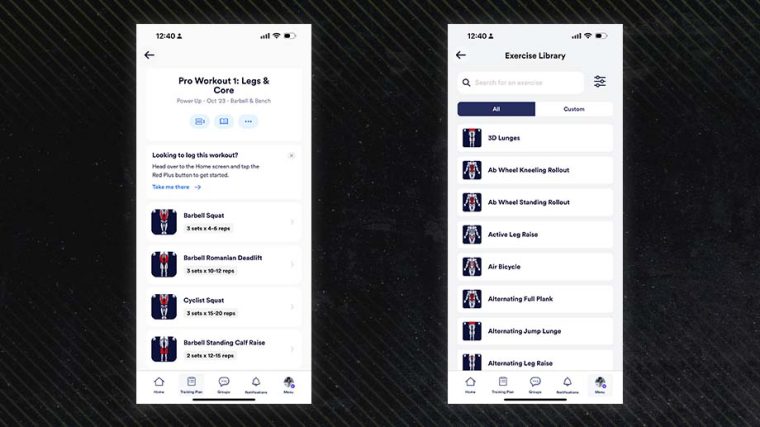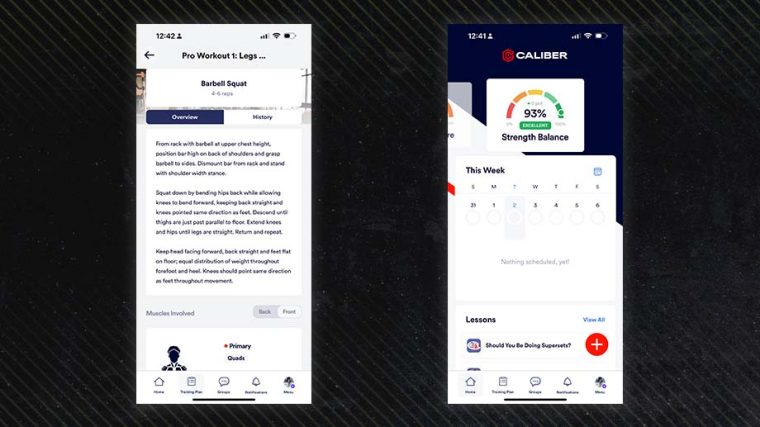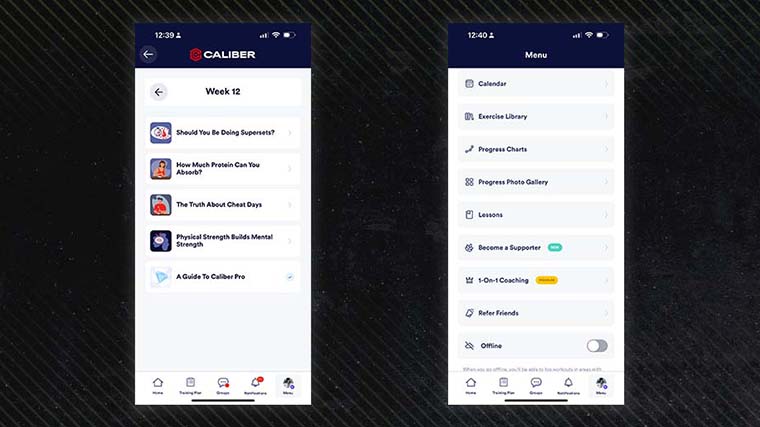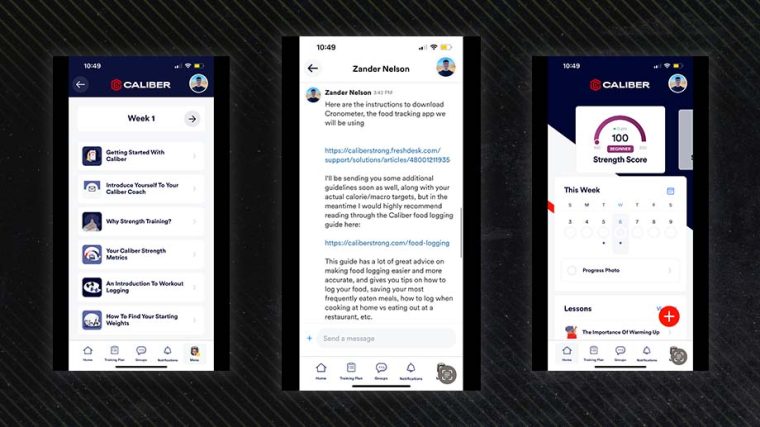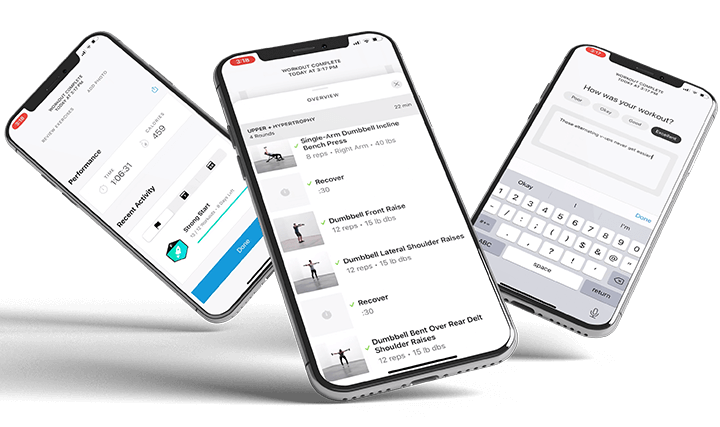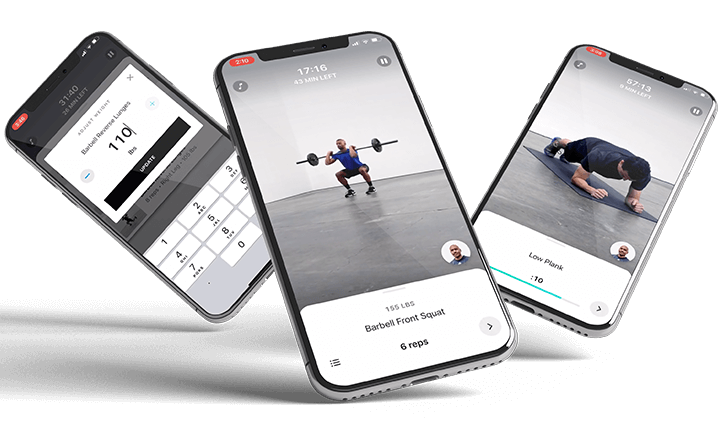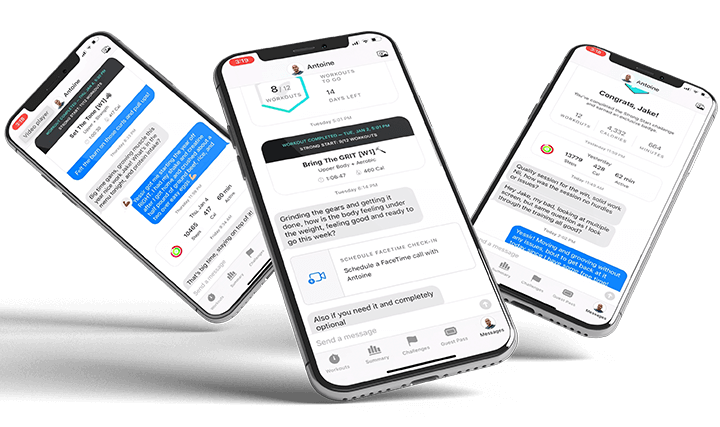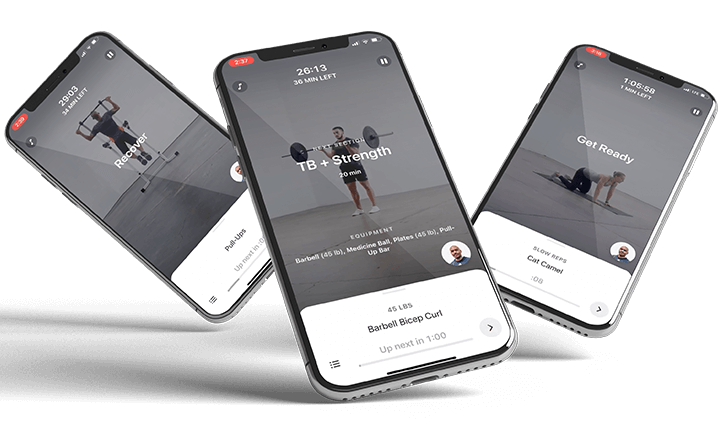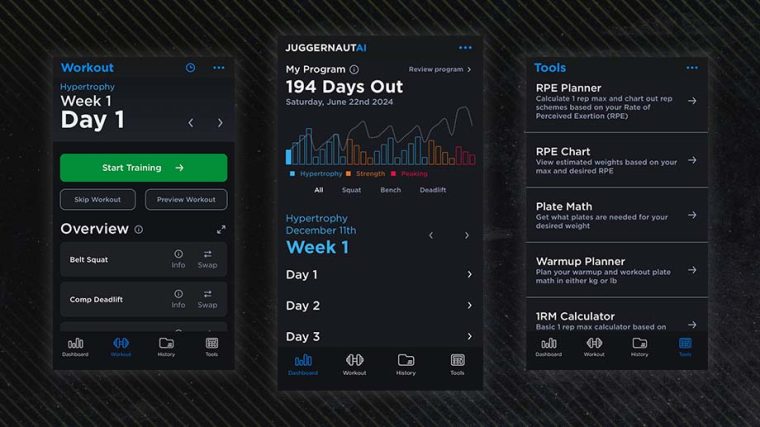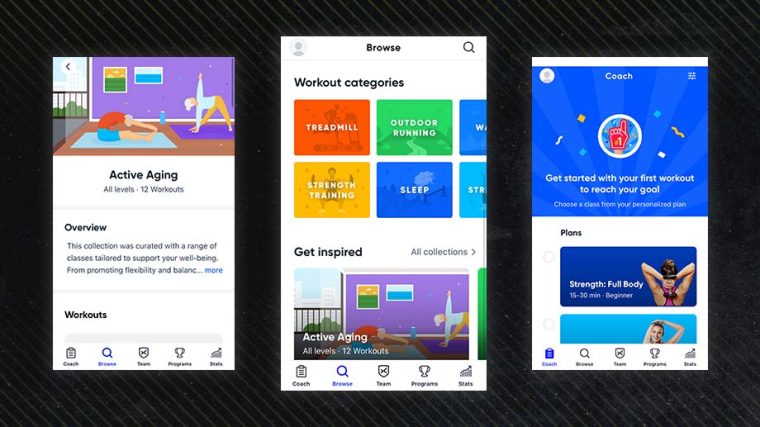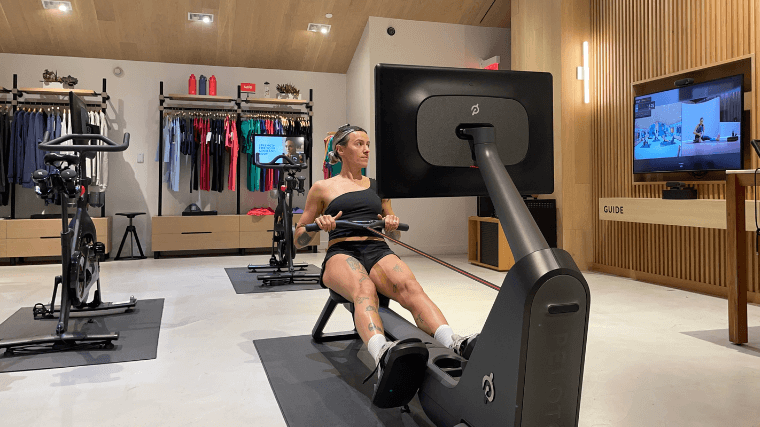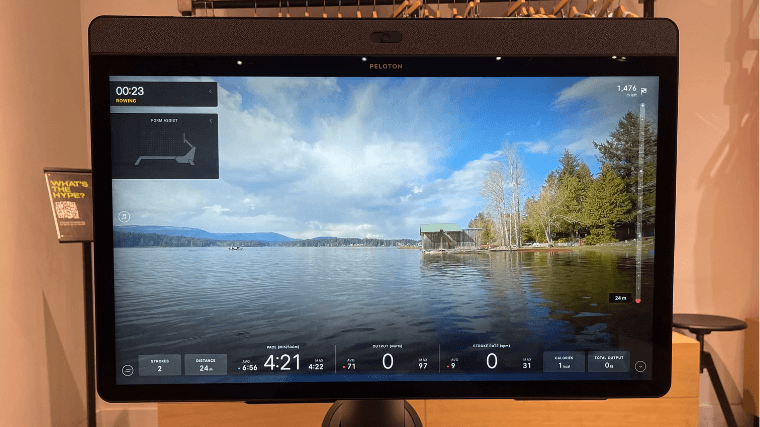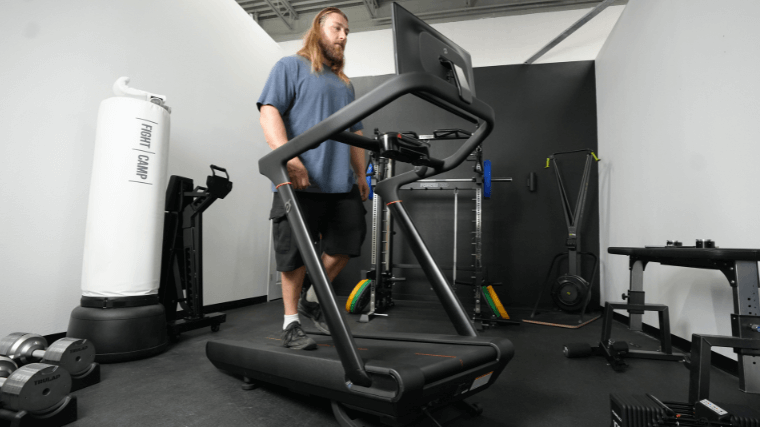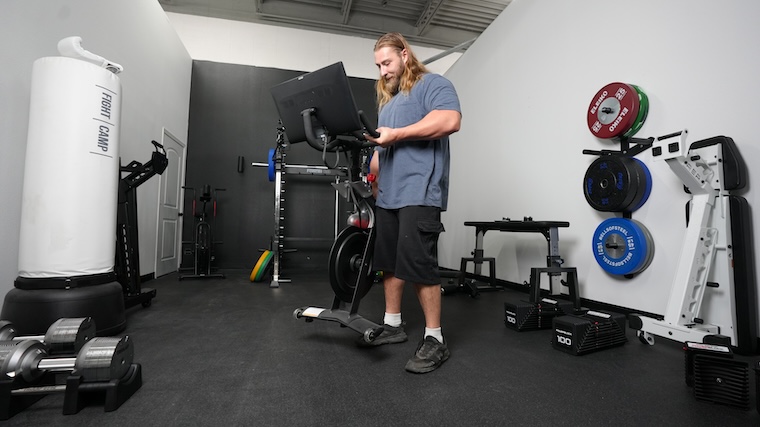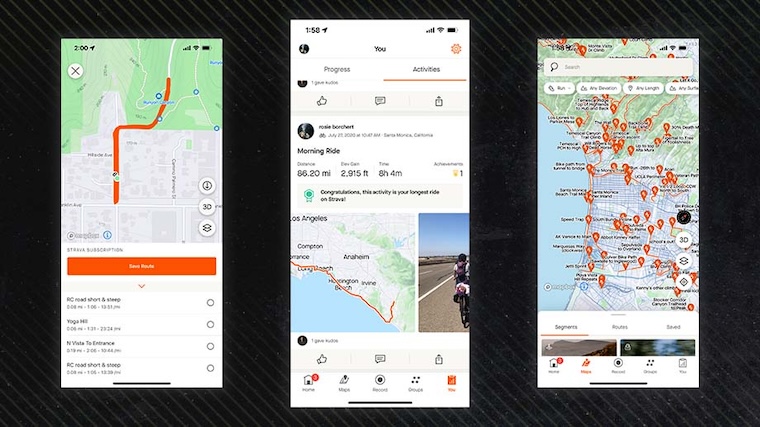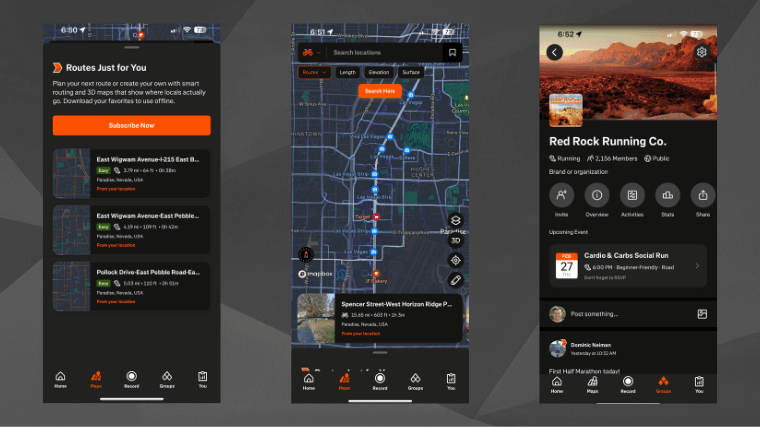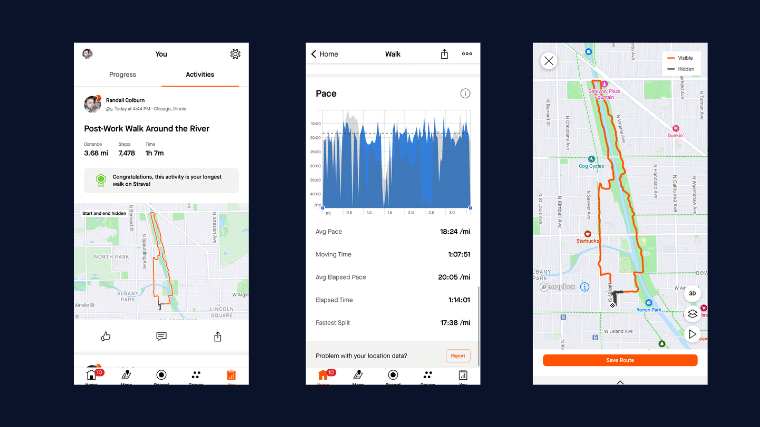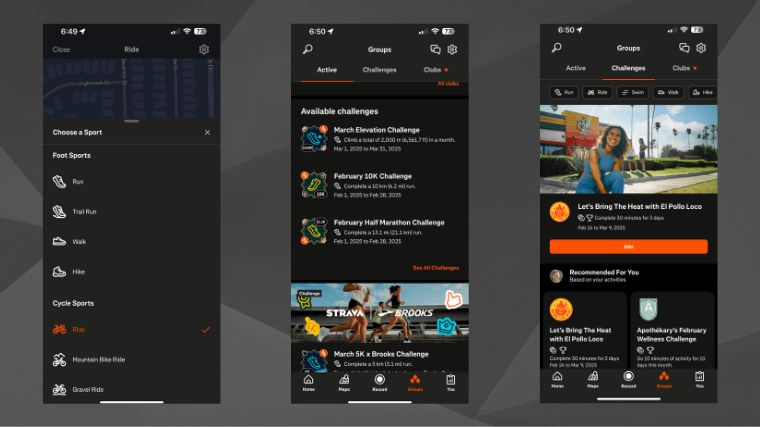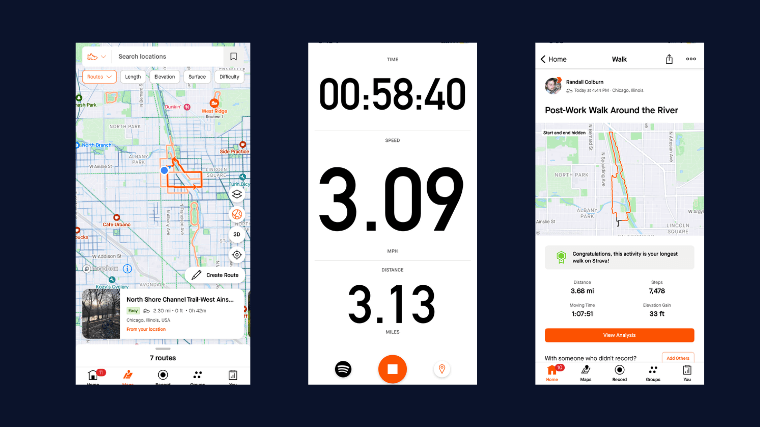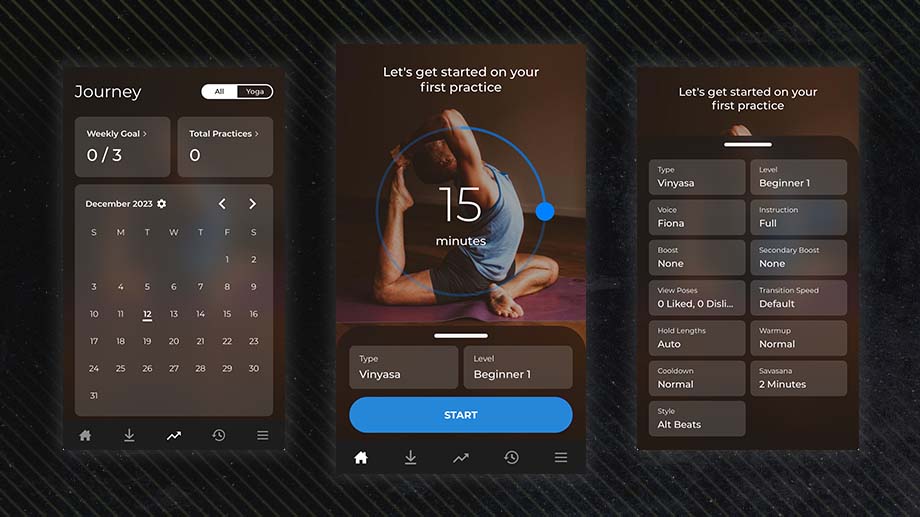As Amanda Capritto, CPT, CSNC, CPS states, “The list of the best workout apps is always evolving, but no two fitness programs are the same.” For athletes wanting some professional assistance to support their workout routines, the best personal training apps can be excellent for customized guidance and instruction without the need to physically meet up with an instructor for real-time fitness coaching.
Choosing a personal training app for your smartphone or wearable device is more involved than simply scrolling through the app store, though. You’ll need to think of how hands-on you want your instructor to be along with your preferred workout modalities, equipment access, and budget, among other factors. To help, we’ve adapted our equipment testing methodology to examine over 50 different online training services and consulted with our team of experts to rate our favorite personal training apps in categories such as the following:
- Customizations: Is the provided workout programming truly unique to our needs and wants, or is it more of a cookie-cutter aesthetic with generalized tips and tricks?
- Workout Variety: Does the digital service support more than one workout modality, or will you need a separate app for different training disciplines?
- User Experience: Is the app easy to navigate? Are there any hiccups across the layout that could lead to in-gym frustrations?
- Value: Does the delivered service justify the subscription cost? Are there any free trial periods, and are they lengthy enough to get a true feel for the app experience?
The BarBend team has helped connect over 1.2 million athletes with high-quality strength and conditioning gear to support their fitness journeys — fitness apps, included. If you’re looking to take your workouts into the digital age with customized routines and personal coaching instruction, we’re confident that the following details can help make your next app download much more than a home screen upgrade.
The 11 Best Personal Training Apps of 2026
- Best Personal Training App Overall: Caliber
- Best Personal Training App for Strength: Shred
- Best Personal Training App with Coaching: Future
- Best Personal Training App for Pilates: BetterMe
- Best Personal Training App for Weightlifting: Juggernaut AI
- Best Personal Training App for Beginners: Aaptiv
- Best Personal Training App for Meal Plans: Centr
- Best Personal Training App for Variety: FlexIt
- Best Personal Training App for Live Classes: Peloton
- Best Personal Training App for Cardio: Strava
- Best Personal Training App for Yoga: Down Dog
Best Personal Training App Overall: Caliber

With two coaching subscriptions to choose from (one group oriented and one individualized), Caliber can be an excellent tool for guiding your fitness journey. The prescribed workouts can be tailored to your available equipment, and you’re in constant communication with your personal trainer through the app’s chat feature and video call capabilities.
Specs
- Price: Free, $19 per month (group), ~$200 per month (personal training)
- Free Trial Period: Free version available at all times
- Equipment Required: Bodyweight, home gym, commercial gym
- Workout Modalities: Strength, cardio, functional training
- Availability: iOS, Android
- iOS App Store Customer Rating: 4.6
- Google Play Store Customer Rating: 4.7
Best Personal Training App for Strength: Shred

This AI-driven app offers up customized workout plans based on your fitness goals and equipment availability. With annual subscriptions costing roughly $9.99 monthly, this is also one of the more affordable workout apps on the market, especially when considering the amount of digital instruction and guidance you’re getting in the palm of your hand.
Specs
- Price: Free, $19.99 per month, $119.99 per year
- Free Trial Period: 7 days (annual plan only)
- Equipment Required: Bodyweight, home gym, commercial gym
- Workout Modalities: Circuit training, strength, functional training
- Availability: iOS, Android
- iOS App Store Customer Rating: 4.8
- Google Play Store Customer Rating: 4.6
Best Personal Training App with Coaching: Future

Future offers online personal training in every facet of fitness. Every client gets a certified fitness professional who will prescribe training programs, follow up daily to assess progress, make program adjustments as needed, and offer accountability.
Specs
- Price: $199 per month
- Free Trial Period: Discounted rates for first month of use
- Equipment Required: Bodyweight, home gym, commercial gym
- Workout Modalities: Strength, cardio, functional training
- Availability: iOS, Android
- iOS App Store Customer Rating: 4.9
- Google Play Store Customer Rating: 4.5
Best Personal Training App for Pilates: BetterMe
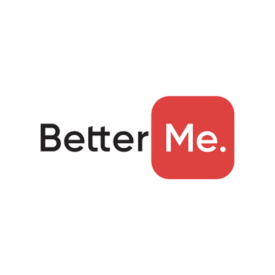
BetterMe’s training platform can be excellent for Pilates enthusiasts thanks to its detailed instruction for each programmed workout consisting of both visual and audio guidance. The app, available for iPhone and Android users, is also loaded with training sessions dedicated to bodyweight and dumbbell-specific workouts.
Specs
- Price: $19.99 per month
- Free Trial Period: 7 days
- Equipment Required: Bodyweight, dumbbells
- Workout Modalities: Pilates, bodyweight, dumbbell-only
- Availability: iOS, Android
- iOS App Store Customer Rating: 4.7
- Google Play Store Customer Rating: 4.4
Best Personal Training App for Weightlifting: Juggernaut AI

This AI-powered strength training app curates workouts for you based on your initial fitness levels and daily readiness. The more you log your data, the more your algorithm learns in an effort to keep you progressing through PRs.
Specs
- Price: $29 per month, $299 per year
- Free Trial Period: 14 days
- Equipment Required: Free weights, barbell, squat rack, or commercial gym
- Workout Modalities: Strength training
- Availability: iOS, Android
- iOS App Store Customer Rating: 4.9
- Google Play Store Customer Rating: 4.8
Best Personal Training App for Beginners: Aaptiv
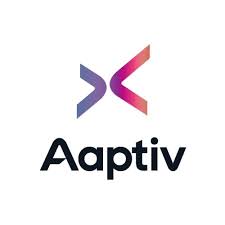
An audio-focused streaming workout app that lets you take your workouts anywhere you want to go.
Specs
- Price: $14.99 per month, $99.99 per year
- Free Trial Period: 7 days (annual subscription only)
- Equipment Required: Bodyweight, home gym
- Workout Modalities: Strength training, cardio, endurance, mobility, yoga, meditation, sleep
- Availability: iOS, Android
- iOS App Store Customer Rating: 4.7
- Google Play Store Customer Rating: 3.8
Best Personal Training App for Meal Plans: Centr

Centr, a fitness app founded by Hollywood star Chris Hemsworth — Marvel's hammer-wielding Thor — pairs its library of trainer-led strength, cardio, pilates, and yoga workouts with a nutrition component that can help you plan meals and grocery lists.
Specs
- Price: $29.99 per month
- Free Trial Period: 7 days
- Equipment Required: Bodyweight, home gym, commercial gym
- Workout Modalities: HIIT, cardio, yoga, Pilates, hypertrophy
- Availability: iOS, Android
- iOS App Store Customer Rating: 4.8
- Google Play Store Customer Rating: 4.5
Best Personal Training App for Variety: FlexIt
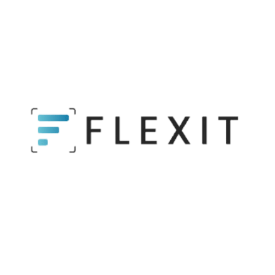
After a brief health assessment, the FlexIt app can pair you with live personal trainers for personalized, one-on-one virtual sessions. The app also has a health coaching component, so you can map out more than just a fitness routine.
Specs
- Price: Starting at $30 per session
- Free Trial Period: None applicable
- Equipment Required: Bodyweight, home gym, commercial gym
- Workout Modalities: Strength training, cardio, boxing, Pilates, yoga, meditation, Barre, nutrition
- Availability: iOS, Android
- iOS App Store Customer Rating: 4.6
- Google Play Store Customer Rating: 3.8
Best Personal Training App for Live Classes: Peloton

No need to have Peloton equipment when you can have access to the app with a subscription. Take classes from popular coaches to help you get your run done and dusted.
Specs
- Price: Starting at $12.99 per month
- Free Trial Period: 30 days
- Equipment Required: Bodyweight, home gym, or commercial gym
- Workout Modalities: Strength, cardio, yoga, cross-training, Pilates, and more
- Availability: iOS, Android
- iOS App Store Customer Rating: 4.9
- Google Play Store Customer Rating: 4.1
Best Personal Training App for Cardio: Strava
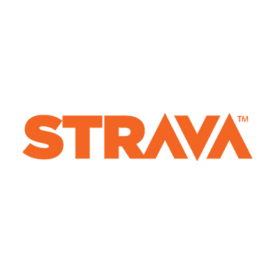
Popular with cyclists and runners for a reason, the Strava app can be an excellent tool for taking your running to the next level. With a social network, GPS tracking, and loads of data insights, this app is capable of tracking a wide array of physical activities.
Specs
- Price: $11.99 per month
- Free Trial Period: 30 days
- Equipment Required: Smartphone, GPS watch, or fitness tracker
- Workout Modalities: Strength, cardio, cycling, water sports, snow sports, racquet sports, golf, yoga
- Availability: iOS, Android
- iOS App Store Customer Rating: 4.8
- Google Play Store Customer Rating: 4.4
Best Personal Training App for Yoga: Down Dog
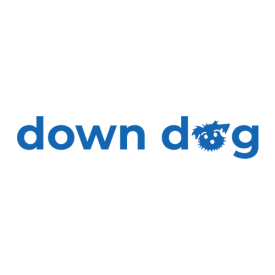
Down Dog offers fully-customized yoga workouts with over 60,000 possible configurations. Choose the music, level, focus, time, and voice that's perfect for your practice. Create a unique, personalized experience every time you roll out your mat.
Specs
- Price: $9.99 per month, $59.99 per year
- Free Trial Period: None available
- Equipment Required: Yoga mat, yoga accessories
- Workout Modalities: Yoga, Barre, Pilates, HIIT, meditation
- Availability: iOS, Android
- iOS App Store Customer Rating: 4.9
- Google Play Store Customer Rating: 4.9
How We Tested and Chose the Best Personal Training Apps
The BarBend team is composed of competitive athletes, certified personal trainers, nutrition coaches, and lifelong fitness enthusiasts. To curate this guide to the best personal training apps, we utilized our equipment testing methodology to examine 66 different digital training services, rating each platform on a scale of 1 (lowest) to 5 (highest) in a variety of categories. Below are some of the factors that earned scores during trials.
- Personalization: “Personal training can mean a number of things, from an actual online personal trainer to AI-driven programs that use algorithms and digital sensors to provide personalized feedback,” explains Amanda Capritto, CPT, CES, CNC, CF-L1, CSNC. When evaluating personal training apps for this round-up, we made sure to include customizable platforms that could be catered to your progress and fitness needs, whether through integrated coaching techniques or through filtered settings you adjust on your own.
- Workout Variety: Variety is the spice of life, but for training purposes, it can also be a beneficial way to ensure your hard-earned gains stay intact. (1) All of our tested apps provide some level of variety within their programming, whether through a library of available workouts and classes or a roster of trackable activities tailored to your interests.
- User Experience: Like the best smart home gyms and other digital training tools, your technology experience should be seamless and straightforward when it comes to personal training apps. As such, we prioritized platforms offering clean, navigable layouts with easy-to-follow instructions and intuitive controls. For apps using video instruction, we played around with the streaming capabilities to ensure there were no lagging difficulties or frozen screens, as well.
Benefits of Personal Training Apps
The truth is, anyone from workout newbies to advanced exercisers can benefit from using a personal training app. It can help keep you accountable, offer guidance for reaching your fitness goals, or add some variety to your routine.
“Anyone who has an interest in reaching a fitness goal or simply improving their overall fitness will benefit from an online workout program,” says BarBend expert reviewer Amanda Capritto, CPT, CES, CNC, CF-L1, CSNC. “Those who find success with external accountability and motivation will also benefit.” Here are some of the specific benefits you stand to reap from working out with a personal training app.
- Greater Motivation: When you don’t have a workout plan, you may be less likely to stick with consistent workouts, and, when you do make it to the gym, you may not use your time as wisely. Using a personal training app can offer a dose of motivation and ensure a more efficient workout, since you’ll have a plan to follow and instructions to keep you on track. “People who struggle with the mental load of exercising can greatly benefit from using a fitness app, too,” Capritto says. “With a fitness app, you don’t have to think about what you’re going to do each day: You just show up, open the app, and do it. This can eliminate a lot of stress about working out.”
- Accountability: Having someone or something to hold you accountable is one of the biggest keys to success in sticking with a workout program. (4) “The level of accountability you get from a personal trainer is unmatched, as is the specificity of programming,” Capritto says. “That said, even non-traditional online personal training options can keep you on track and help you reach your goals simply by presenting you with a clear plan for future in-gym sessions.”
- Accessibility: Virtual personal training is significantly more accessible than training with someone IRL. For one, it’s generally more affordable; the personal training apps here cost as little as $10 per month, compared to in-person sessions which can cost up to $100 per hour. (2) Because you can use a personal training app anywhere, anytime, it’s also more accessible for people who are traveling, don’t have time to physically go to the gym, or who need to stay at home to care for kids, pets, or family members.
- Versatility: Your personal training app can also be great for trying out new activities in tandem with your other workout interests. For example, Dr. Christopher Mohr, PhD, RD, states, “Yoga can be an excellent modality to add to your routine given its influence on flexibility, balance and joint mobility. This, in turn, can help reduce the risk of future injuries and even help improve your posture.” Instead of relying on your own research to support such workouts, a personal training app dedicated to the yoga discipline (or other activities like powerbuilding, cycling, etc.) can provide helpful instruction for you.
How Much Do Personal Training Apps Cost?
Just like pretty much anything in the fitness space — exercise bikes, treadmills, even dumbbells — personal training apps come with a wide range of costs. The personal training app options here range from $10 to $200 a month, and some apps even offer limited versions that are completely free. That means your yearly personal training costs can range from $0 to $120 to $2,400, depending on your wants and needs. Here’s a breakdown of the cost per month for each of the personal training apps on our list.
| Best Personal Training App Overall | Caliber | Free, $19 per month (group), ~$200 per month (personal training) |
| Best Personal Training App for Strength | Shred | Free, $19.99 per month, $119.99 per year |
| Best Personal Training App with Coaching | Future | $199 per month |
| Best Personal Training App for Pilates | BetterMe | $19.99 per month |
| Best Personal Training App for Weightlifting | Juggernaut AI | $29 per month, $299 per year |
| Best Personal Training App for Beginners | Aaptiv | $14.99 per month, $99.99 per year |
| Best Personal Training App for Meal Plans | Centr | $29.99 per month |
| Best Personal Training App for Variety | FlexIt | Starting at $30 per session |
| Best Personal Training App for Live Classes | Peloton | Starting at $12.99 per month |
| Best Personal Training App for Cardio | Strava | $11.99 per month |
| Best Personal Training App for Yoga | Down Dog | $9.99 per month, $59.99 per year |
How to Choose a Personal Training App
According to Dr. Raj Dasgupta, MD, “Today’s technology has unlocked new tools and data that can give you well-informed insights into your health and lead to positive results when used responsibly.” Naturally, though, your personal training app should be specifically tailored to your wants and needs. Below are a few factors worth considering when trying to decide on the right workout platform for you.
Fitness Level
“Some fitness apps aren’t suitable for beginners; I’ve tested some that would be outright dangerous for a beginner due to lack of clear instruction and proper introduction to movement,” says BarBend expert reviewer Amanda Capritto, CPT, CES, CNC, CF-L1, CSNC. “On the other hand, there are plenty of thoughtfully designed, carefully built fitness apps that can help you reach any type of fitness goal.”
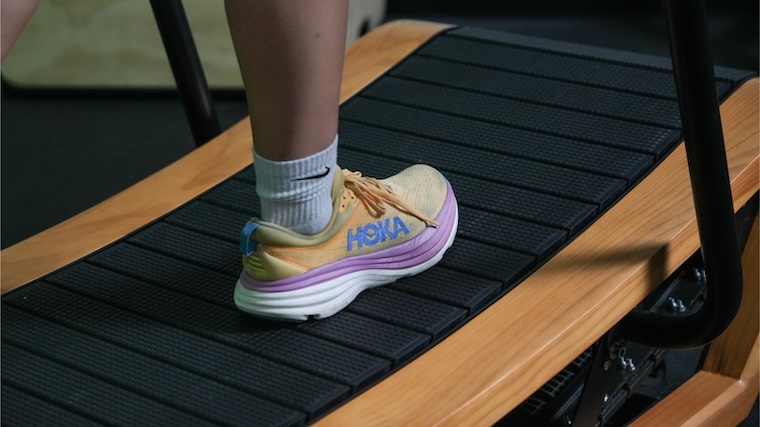
To provide an example from the realm of fitness equipment, let’s look at the best treadmills. While many at-home units can be suitable for a variety of fitness levels, we often recommend manual treadmills for more experienced runners that understand their personal stride and pacing. Novice runners can be overwhelmed or challenged by the need to manually turn the belt over with each stride, and thus, could be left with a sour taste for training with the equipment. The same can be said for personal training apps, so think about your current fitness level and look for a service that’s accommodating to your experience level.
Fitness Goals
Beyond considering your level of ability, you should also consider what sort of goals you want this app to help you achieve. Do you just want a source of fun, guided workouts you enjoy? Or are you looking for something to challenge you or help you reach a specific goal, like a detailed 5K training plan?
“You must get clear on your goals,” Capritto says. “Otherwise you might wind up paying for a subscription you won’t use because it doesn’t match up with your needs. Be honest about how much instruction and accountability you need.”
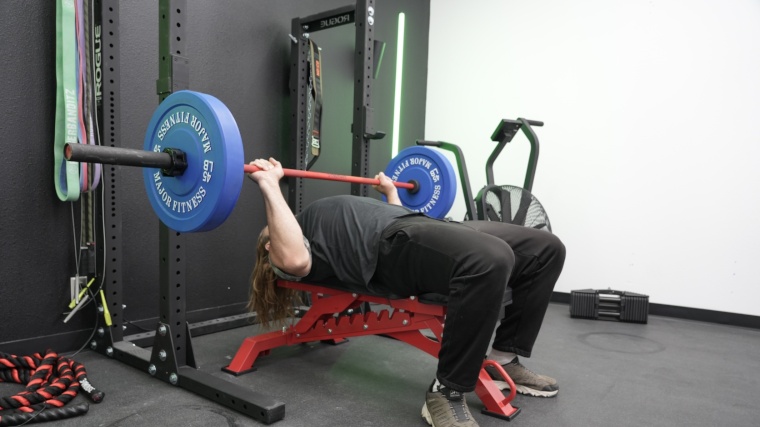
In general, a personal training app is a worthwhile purchase if you’re after something specific like building strength or losing weight. Take it from Capritto: “An online personal trainer, especially in the truest sense of the word, is probably the most expeditious way to reach your fitness goals.”
Tracking Capabilities
In order to be informed on your performance and progress, you’ll need a personal training app capable of collecting the necessary metrics from each workout. Try to look for available features and utilize free trial periods to ensure your platform is logging your desired stats. Dr. Dasgupta states, though, that you should use these numbers as a tool in training rather than a point of hyperfixation. “A numbers-focused approach to fitness can be detrimental to performance, potentially leading to anxiety, stress, and obsession. These can make data tracking counterproductive, so remember that performance and growth is more than just an onscreen statistic,” he notes.
Equipment Requirements
The beauty of virtual personal training is that you can do it wherever you want, including at home or in a gym. However, some apps — like Centr or Peloton — are designed to be better at home, with limited equipment, whereas others expect you to have a gym’s worth of tools available from the best squat racks to rowing machines, exercise bikes, weight plates, and beyond. It’s worth noting what sort of equipment is needed for the workouts an app offers, as well as what’s realistically going to be necessary for your goals.
Personal Training App FAQs
What is the best personal training app?
For a comprehensive personal training experience, we recommend the Caliber app above all others, and feel confident calling it the best personal training app out there. However, if you’re on a budget, looking for follow-along classes instead of a DIY workout plan, or you’re looking to track outdoor cardio workouts, for example, other apps like Juggernaut AI, Peloton, or Strava might be a better fit for you.
Are personal training apps worth it?
If you choose an app that’s compatible with your fitness level, workout style, and goals, absolutely. Personal training apps can be much more affordable than paying for IRL personal training — costing as little as $10 a month — and even more so if you use them to work out at home, since you’re also skirting the cost of a gym membership.
Is there a 100% free workout app?
Yes, there are plenty of free workout apps to choose from. However, the personal training aspect of apps featured in this guide, along with other premium features like detailed data tracking and workout challenges, are often hidden behind a paywall. If you’re just looking for a platform to provide templated workouts or progress tracking, you can likely find a free service to suit your needs. For more guidance or one-on-one instruction, expect to pay a subscription fee.
References
- Magat, Brian. The Importance of Variety in Creating Your Exercise Program. (2020). University Hospitals. https://www.uhhospitals.org/blog/articles/2020/08/the-importance-of-variety-in-creating-your-exercise-program
- Mahaffey, K. How much does a personal trainer cost & should you hire one?. (n.d.). National Academy of Sports Medicine. https://blog.nasm.org/how-much-does-a-personal-trainer-cost
- Adams, A. Progressive overload explained: grow muscle & strength today. (n.d.). National Academy of Sports Medicine. https://blog.nasm.org/progressive-overload-explained
- Hanc, John. Accountability: The Not-so-secret Key to Success. (2023). American Council on Exercise. https://www.acefitness.org/continuing-education/certified/october-2023/8470/accountability-the-not-so-secret-key-to-success/
